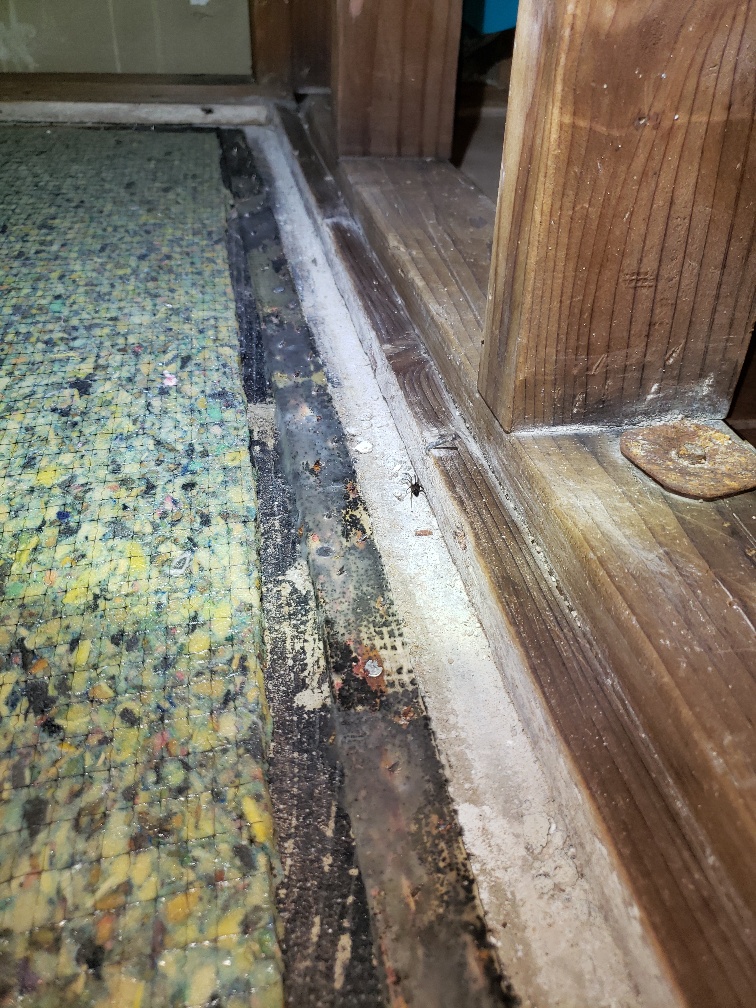Black molds are toxigenic, invisible substances and they can grow inside homes undetected. They are caused by damp conditions often brought about by leakages. If a home has mold, especially black mold, the risk of a family being exposed to health problems increases. Exposure to black mold can cause illnesses like allergies, asthma and even depression. According to research, chronic sinus infections result from one being exposed to mold.
If you have been experiencing chronic health conditions that seem not to be responding to medication, one reason could be that your house is exposed to black mold and you are not aware. You need to contact specialists in mold inspection in LA to thoroughly check out your house for any signs of black mold. How can you determine if your home is exposed to black mold?
How to tell if your home is exposed to mold

Molds generally grow in areas where the air is humid. There are different varieties of mold and they vary in composition and color. Black mold is one of the most notorious type and it can be easily spotted, touched or even ingested. Exposure to black mold can cause irritation. If there are large quantities of black mold in a home, it can produce toxins which can result in adverse health complications.
The kitchen and bathroom areas are most prone to mold because of lack of proper ventilation and constant exposure to water. You can start checking for molds in places like crawl spaces, basements, cabinets, in drywall and areas with water damage. In a bathroom, mold will show on a shower curtain and it may appear like mildew. The most dangerous type of mold is invisible meaning that it can go undetected for a long time and it can end up causing serious health problems to a family.
If you detect mold in your home, you need to ensure that you work on removing it as soon as possible to avoid further complications. Black mold especially, has been known to affect the body’s immune system and the central nervous system. Toxins in the body compromise its functions especially the frontal cortex which controls impulses and memory.
Who is affected by mold?
Not everyone is affected by mold. Some people are easily affected by mold than others simply because of chemical and genetic factors. Mold, when present in small amounts, can trigger a reaction in one person and not have any effect in another person. That is why you can find people living under one roof, but not all get affected by mold.
Also, general health and age can also be factors to mold reactions. People who already have respiratory illnesses, children and the elderly are more affected by mold than an adult who is healthy. You can easily tell a person is affected by mold if they show physical signs like watery and itchy eyes, airway problems and asthma. Non-toxic mold can cause symptoms like coughing, throat irritation and runny nose.
Mold can affect mood
Research shows that people who live in damp, moldy houses suffer more from depression. As mentioned earlier, exposure to mold can cause one to experience health issues like cold symptoms and fatigue. These health issues cause a person to feel down and depressed most of the time.
How to prevent and deal with mold
The best way to protect yourself from the dangers of black mold is to carry out regular mold inspections to ensure that your home is mold free. However, if your home already has mold, first identify where it is located. Next, use bleach solution to clean the area and make sure the place is well ventilated. You can get rid of moisture in a room by using a humidifier especially in the basement area. To get rid of mold completely, hire a professional who has the right tools and experience to remove the mold in your home once and for all.

